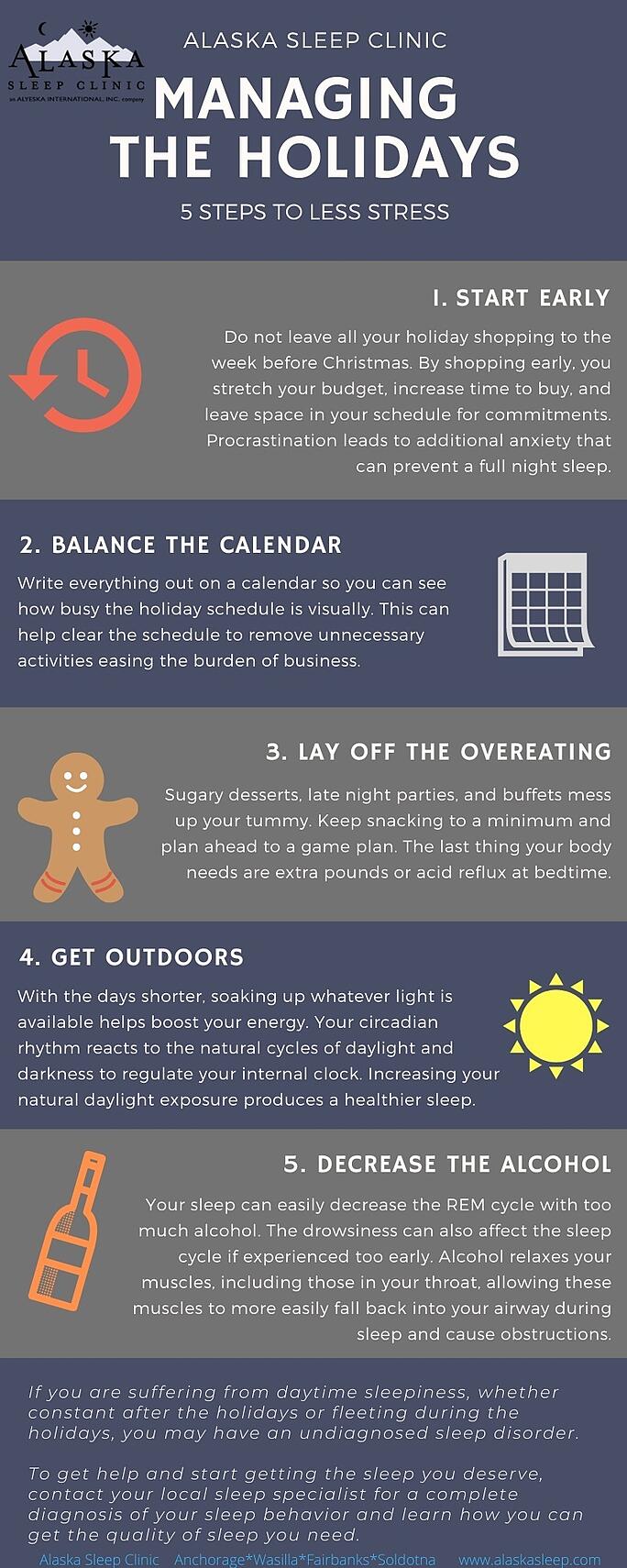What Is Too Much Screen Time?
Video screens of many shapes and sizes are part of life for modern Alaskans.
Decades ago, a television in the bedroom was considered an extravagance. Today, it’s commonplace, but the TV might not be turned on if someone’s eyes are focused on a laptop computer. Or a smartphone. Or a portable DVD player. Or an iPad. Or a handheld video game. Of course, some Alaskans do watch TV while working on their laptop and checking their smartphones.
So many electronic screens come with a downside: sleep deprivation or insomnia.
Obviously, if you are up late watching TV or playing Candy Crush Saga when you should be sleeping, you may wake up the next morning feeling sleep-deprived. But even if your screen time isn’t cutting into your regular bedtime, it can be keeping you from falling asleep.
The brain creates a hormone called melatonin that regulates a person’s sleep and awake cycles. Too much light, as emitted from video screens, at night can affect melatonin production and fool the brain into thinking the body isn’t ready for sleep.
The proliferation of portable electronics with bright video screens has exacerbated this problem, and in fact, smartphones and iPads may be producing a worse effect than television. Portable devices emit “blue light”—not really blue (because obviously, you can see multiple colors on your phone), but short-wavelength light—that is similar to the light we experience outside during the day. As a result, the brain is getting a signal from this blue light that it’s still daytime despite the darkness outside, possibly leading to insomnia or sleep deprivation. Furthermore, because people hold smartphones and handheld video games so close to their faces, they are amplifying this effect more than from a TV that’s 10 feet away.
Evidence is mounting that the screen time/sleep deprivation correlation might affect children and teenagers even more than adults. The latest study comes from a high school junior who won the 2013 Intel International Science and Engineering Fair for her research that discovered that adolescents who partook in more than 3.5 hours of screen time a day were more likely to suffer sleep deprivation than those with only two hours of screen time.
So what should you do to reduce the effects of screen time at night to possibly stave off sleep deprivation? Reducing the brightness of your device can help, as well as using amber-colored glasses when watching a screen after the sun goes down. But the obvious answer is to resist watching too much TV or using your smartphone in the hour or two before bedtime. Find some other way to wind down, including reading a book—not on your tablet, but the 20th century way with pages and a bookmark. Not turning on your television or laptop right before bed will give your brain a rest, in more ways than one.
If you think it may be more than too much tv or computer time, contact Alaska Sleep Clinic for a free 10 minute phone consulation.
If you wake up in the middle of the night, do you find yourself checking your emails on your smartphone?


